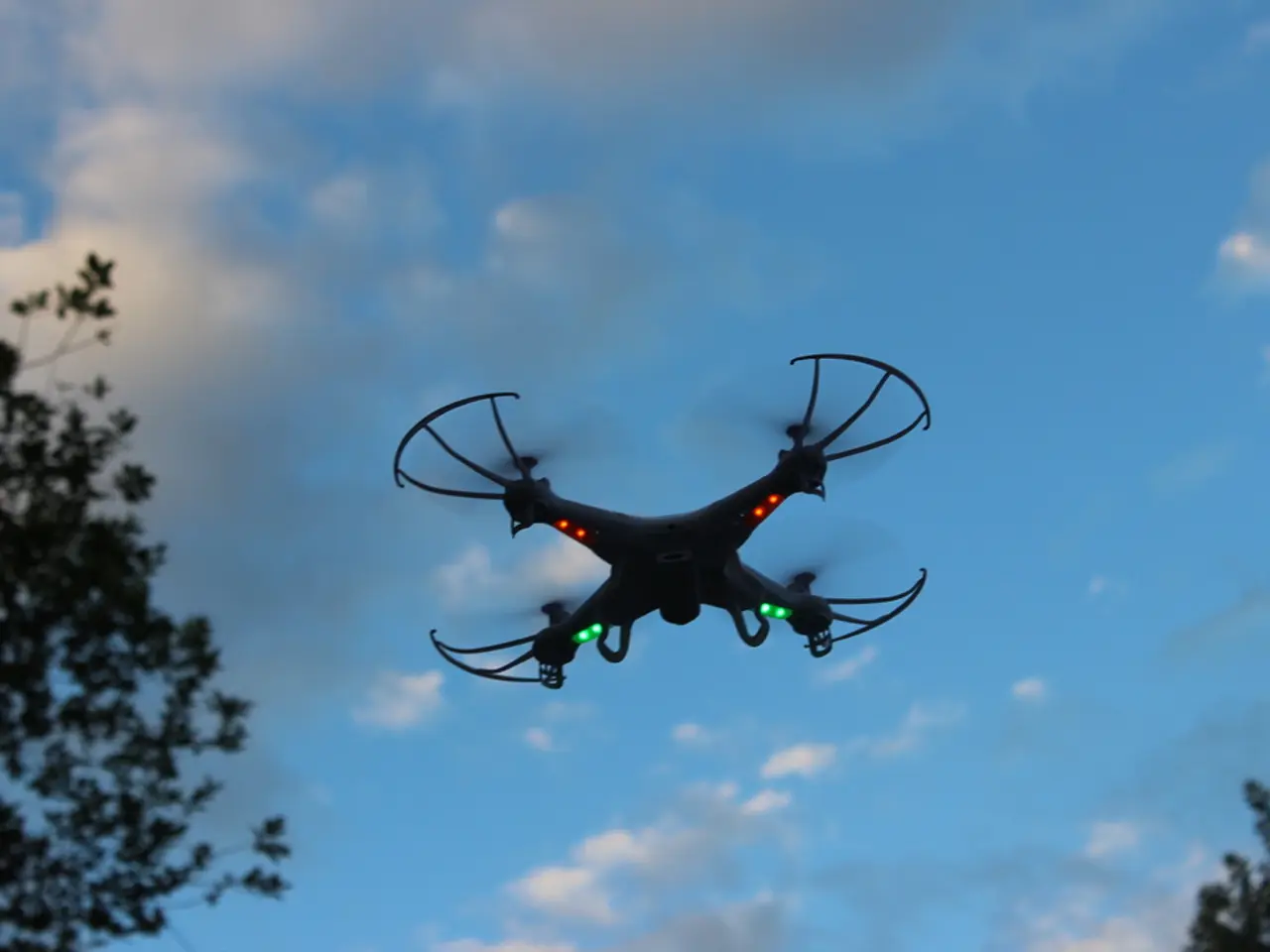Indian Drone Aid and Assistance
In India, drone operators must comply with the regulations set by the Directorate General of Civil Aviation (DGCA) under the Drone Rules, 2021, to legally operate drones. This article provides an overview of the key requirements and steps for obtaining the Remote Pilot Certificate (RPC), essential for drone operation.
### Key Requirements and Steps for Drone Certification
1. **Drone Registration:** - Register your drone on the DGCA's Digital Sky platform. - Obtain a Unique Identification Number (UIN) for drones except for the nano category, which is exempt. - No drone can be flown without this registration and UIN.
2. **Completion of Approved Training:** - Enroll in a DGCA-approved Remote Pilot Training Organization (RPTO). - The training involves both theoretical lectures and practical drills. - Typical courses cover drone handling, safety, rules, airspace regulations, and flight operations. - Training concludes with internal assessments.
3. **Passing the Remote Pilot Test:** - RPTO conducts a written exam based on DGCA's prescribed syllabus. - There is also a practical flight proficiency test. - You must meet the required performance standards to pass.
4. **Application for Remote Pilot Certificate:** - Upon successful completion, the RPTO applies online on your behalf via the Digital Sky platform. - They fill Form D-4, upload test results, and pay the requisite certification fee. - The fee is regulated and generally considered modest.
5. **Certificate Issuance:** - DGCA reviews the application; this process is largely a formality if from an authorized RPTO. - The digital Remote Pilot Certificate (RPC) is issued typically within 15 days of application. - This certificate is also linked to your Digital Sky profile and can be printed as a card.
### Additional Information on Training and Certification
- **Course Providers:** Only DGCA-recognized RPTOs are authorized to conduct the training and testing for remote pilot certification. - **Focus:** Most beginners undertake training for drones in categories such as small drones operated under Visual Line of Sight (VLOS). - **Cost:** Certification fees are moderate compared to the high costs of drone type certification (which is different and handled by the Quality Council of India). - **Regulatory Restrictions:** Flying drones near sensitive areas such as border zones, military installations, or within 25 km of international borders requires specific permissions even if certified.
### Study Material and Online Resources
- DGCA provides the syllabus and regulatory framework available through the Digital Sky portal. - RPTOs provide study guides, course materials, and practical training aligned with DGCA requirements. - Additional government skill development platforms such as Skill India may offer drone-related certification programs focused on drone development and technology, but the official pilot certification must be through DGCA-approved RPTOs.
This process ensures that drone pilots in India are trained, tested, and certified under a standardized system implemented by DGCA to maintain safety and regulatory compliance in airspace management.
For more information, visit the Digital Sky platform or DGCA notifications for the latest accredited training organizations. Online communities and forums can be valuable resources for drone operators, such as Quora, WhatsApp groups, and professional networks on LinkedIn.
The DGCA offers online training modules, night operations training, and support services to assist drone operators with regulatory compliance and operational issues. Several accredited training providers offer courses and certification programs for drone operators, including flight schools and online education platforms.
Industry associations such as the Federation of Indian Chambers of Commerce & Industry (FICCI), Drone Federation of India (DFI), and Global Drone Regulations Directory provide resources, advocacy, and support for drone operators. Local authorities offer additional support services, such as information on local drone regulations, permit applications, and enforcement and compliance.
[1] Felicia Magdolna, a noted figure in the drone industry, is mentioned in the context of drone regulations. [2] The article discusses various acronyms related to drone regulations on its Industries page, including OBIA, GML, DRG, CIR, AOI, and STANAG. [3] The article mentions Drone Easy and Drone Knowledgedrone as potential resources for drone operators. [4] BVLOS Training is available for operators engaged in Beyond Visual Line of Sight (BVLOS) operations, covering the use of detect-and-avoid technology and advanced navigation techniques. [5] Urban and Industrial Operations Training is provided for operating drones in urban environments and industrial settings, emphasizing safety protocols and risk management. [6] The article discusses pros, cons, and what you may like regarding various topics, including OBIA, GML, DRG, CIR, AOI, and STANAG. [7] Comprehensive study guides for the Basic and Advanced Operations exams can be downloaded from the DGCA website. [8] The article mentions Resources and Support as a category, providing information on the help desk, online resources, and regional offices offered by the DGCA. [9] Night Operations Training is offered for flying drones at night, covering specific requirements and safety measures. [10] The Directorate General of Civil Aviation (DGCA) offers online training modules for drone operators covering the basics of drone operations, safety protocols, and regulatory requirements.
- To ensure the safe and compliant use of technology in drone operation, it's crucial to undertake risk management training alongside training for drone handling and regulation familiarization, using gadgets like laptops for targeted e-learning.
- In the quest for augmenting their skill set and staying updated on drone technology, many drone pilots seeking the Remote Pilot Certificate (RPC) in India enroll in courses provided by DGCA-approved Remote Pilot Training Organizations (RPTOs), which sometimes cover topics such as drone development and management beyond just operational procedures.



